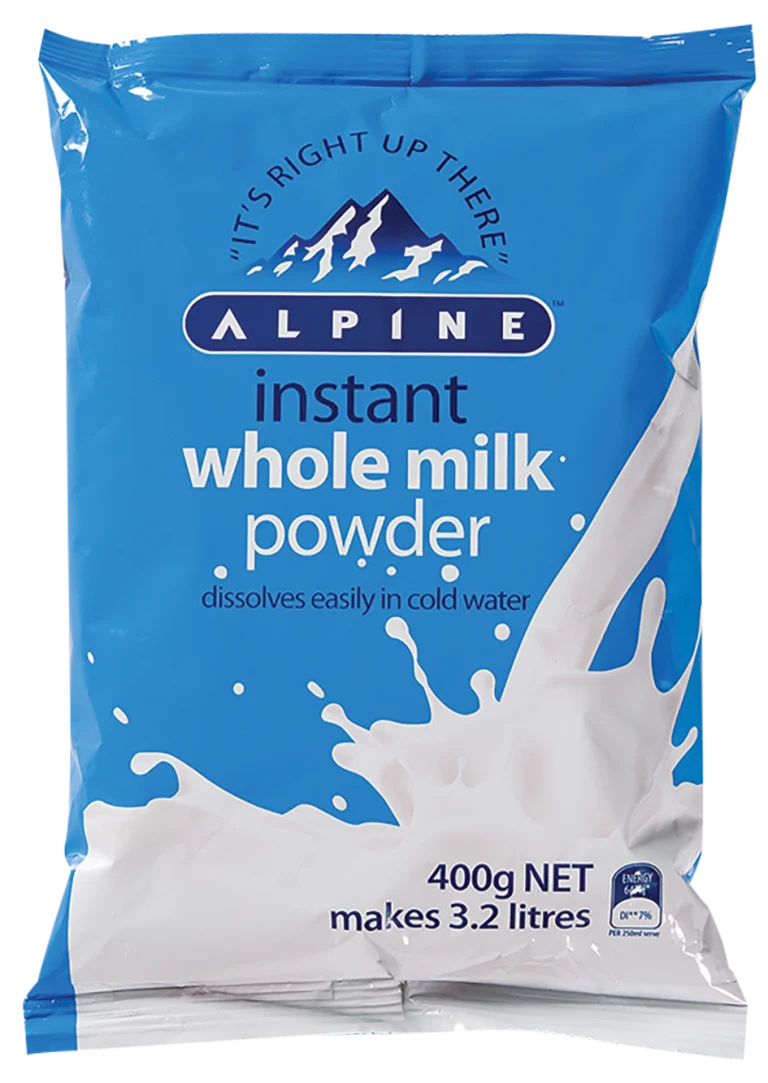When it comes to maintaining a healthy pregnancy, nutrition is paramount. Pregnant women often look for supplements and dietary options that support their health and the health of their unborn child. Lactoferrin milk powder is one such supplement that has gained attention for its potential benefits. But is it safe for pregnant women? In this comprehensive guide, we will explore the safety, benefits, and considerations of using lactoferrin milk powder during pregnancy.
What is Lactoferrin Milk Powder?
Lactoferrin is a naturally occurring protein found in milk, particularly in colostrum and breast milk. It plays a crucial role in the immune system, iron absorption, and has antimicrobial properties. Lactoferrin milk powder is a concentrated form of this protein, often used as a dietary supplement due to its potential health benefits.
Benefits of Lactoferrin Milk Powder
- Immune System Support: Lactoferrin is known for its immune-boosting properties. It helps regulate the body’s response to infections and supports overall immune function. During pregnancy, maintaining a strong immune system is essential to protect both the mother and the baby from potential illnesses.
- Iron Absorption: One of the critical roles of lactoferrin is enhancing iron absorption. Pregnant women often face increased iron needs to support the growing fetus. Lactoferrin milk powder can aid in better iron absorption, potentially helping to prevent anemia.
- Antimicrobial Properties: Lactoferrin has natural antimicrobial and antiviral properties. This can be beneficial for pregnant women in preventing infections, which can be particularly risky during pregnancy.
Is Lactoferrin Milk Powder Safe During Pregnancy?
The safety of lactoferrin milk powder during pregnancy largely depends on individual health conditions and dosage. Here are some considerations:
- Consult Your Healthcare Provider: Before introducing any new supplement, including lactoferrin milk powder, it is crucial to consult with your healthcare provider. They can provide personalized advice based on your specific health needs and conditions.
- Dosage Matters: The amount of lactoferrin milk powder consumed should be monitored carefully. Excessive intake of any supplement can potentially lead to adverse effects. Your healthcare provider can guide you on the appropriate dosage.
- Quality and Purity: Ensure that the lactoferrin milk powder you choose is from a reputable source and free from contaminants. High-quality products will be safer and more effective.
- Allergies and Sensitivities: If you have any known allergies or sensitivities to dairy products, you should exercise caution with lactoferrin milk powder. Even though it is derived from milk, it may still cause reactions in sensitive individuals.
How to Incorporate Lactoferrin Milk Powder into Your Diet
If your healthcare provider approves the use of lactoferrin milk powder, consider the following tips for incorporating it into your diet:
- Follow Instructions: Adhere to the recommended dosage and usage instructions provided by the manufacturer or your healthcare provider.
- Mixing with Foods and Beverages: Lactoferrin milk powder can be mixed into various foods and beverages, such as smoothies, yogurt, or milk. This makes it easier to integrate into your daily diet.
- Monitor for Reactions: Pay attention to how your body responds to the supplement. If you notice any adverse effects, discontinue use and consult your healthcare provider.
Conclusion
Lactoferrin milk powder can offer several benefits during pregnancy, including immune support, improved iron absorption, and antimicrobial properties. However, its safety and effectiveness depend on individual health conditions and proper usage. Always consult with your healthcare provider before starting any new supplement, including lactoferrin milk powder, to ensure it is appropriate for your specific needs. With the right guidance and careful monitoring, lactoferrin milk powder can be a valuable addition to a healthy pregnancy diet.







